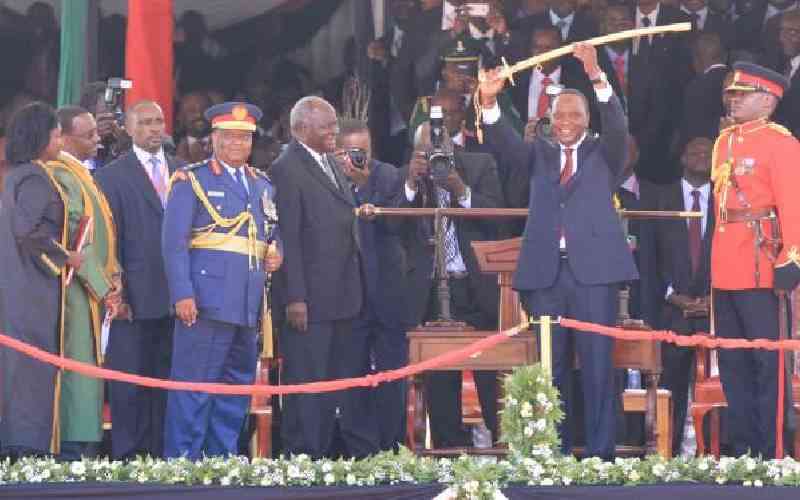
Technically, the curtain came down on the Jubilee administration's policy and economic management on June 30. What is now left is a political process to hand over the instruments of power and administration to the next government. This is because the government's fiscal year is the period of July 1 to June 30 across any calendar year.
Formally, this is the window that all public entities must develop their plans, the supporting budgets, implement policies and approved plans, account and report before an independent monitoring, evaluation and oversight completes the cycle.